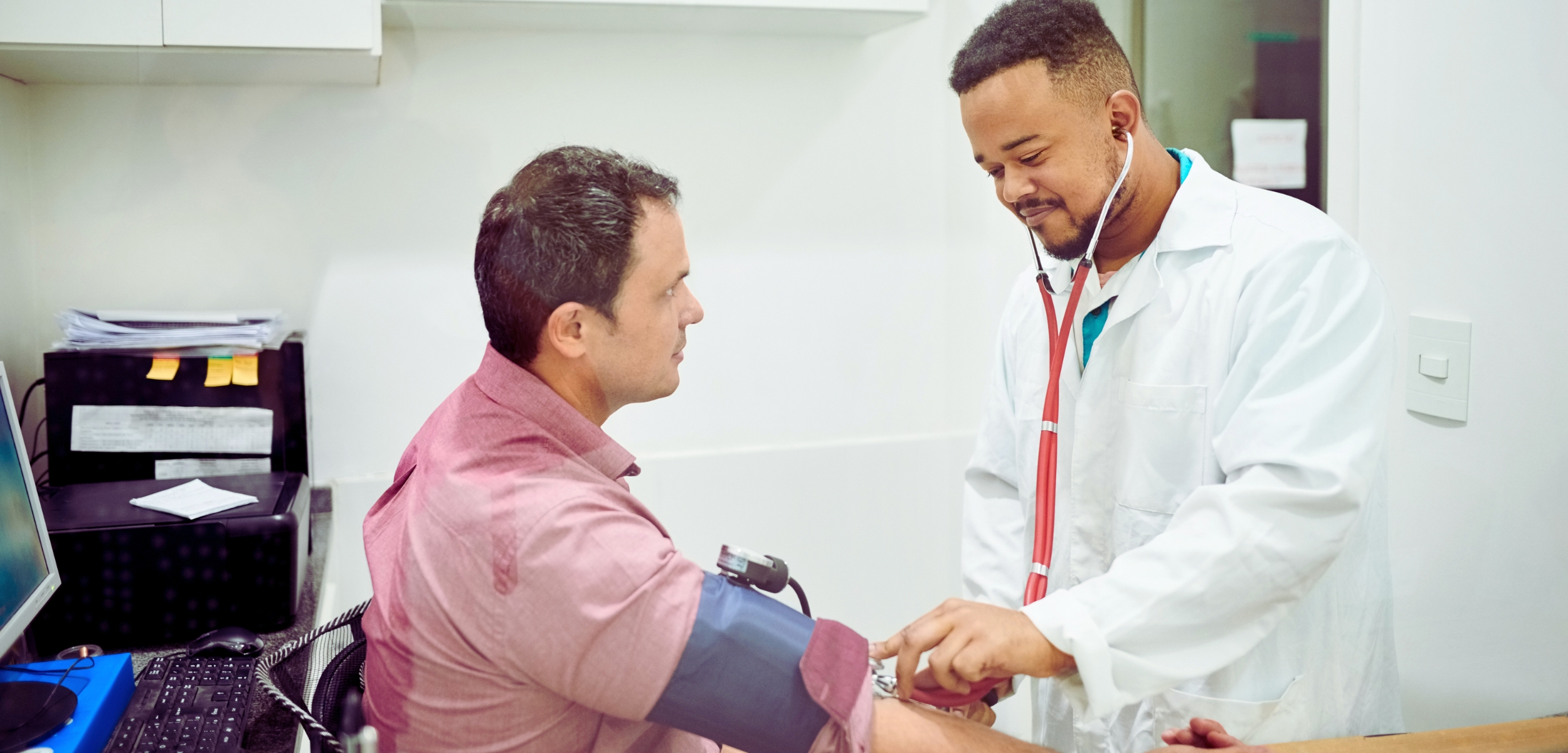In healthcare, independence is the ability to make choices and handle daily life with little help. This raises the question, what is independence in health and social care, and why does it matter? It is key to person‑centred care because it lets people live as freely as possible, make choices, and keep their dignity, no matter their social or health problems.
Let’s see why independence is key to giving good care and the benefits it brings to both patients and carers. We will look at the worth of independence in healthcare and how it is vital to person‑centred care in this blog.
What is Independence in Health and Social Care?
Independence can mean having no outside control and not simply obeying others. When we ask what is independence in health and social care, we see it means having full control over your own life and all choices about it. It helps people keep some control over their life while respecting their freedom and likes, and giving the support and help they need when they need it.
So, independence in health and social care is a main goal of adult social care because it gives people more chances to maintain the skills and confidence they need to live more freely in the community.

Why is independence important in health and social care?
Since it directly affects well‑being, respect, and life quality, independence is vital for good health and social care. Here’s why it matters:
- It raises self‑confidence and can lower the chances of mental health issues like anxiety.
- Independent people join in their community more and build lasting friendships.
- Independence lifts life joy by letting people do things they love, like hobbies, social time, or daily tasks.
- It fits person‑centred care values, which respect each person’s rights and choices about their own care.
- Independence boosts dignity and self‑respect by giving people control over their lives; their minds and feelings depend on it.
- Growing independence can lighten the load on money and staff by cutting long‑term reliance on services or carers.
- In healthcare, backing self‑reliance is part of rehab, helping patients get back skills and confidence after sickness or injury.
- People who get support to be more independent feel more sure and in charge of their own health and care choices.
How to Foster Independence in Health and Social Care
In health and social care, older people are often the main group who need help to stay independent. This can be hard because it means giving social, emotional, and physical support.
There are many ways to let this happen. But remember, there may be some pushback, as older people may have low digital skills. For example, using online care services at home or asking for online medical advice may be harder if they lack digital know‑how. Getting these other care choices may depend on others. Older people without digital skills may also struggle to find services and local community groups.
Leaving a person alone is not the only way to build independence in care. Your help should be flexible so they can be as self‑sufficient as possible. Even emotional and physical gains can come from giving your loved one a big say in choices that affect them.
The wish to stay independent will not always match a person’s abilities, and this gap may grow over time. Encouraging your loved one to join as much as they can in choices that affect them can lift their well‑being. While getting the right care, residents can also care for themselves by setting routines or picking their activities.
How to nurture older people’s sense of independence in Healthcare
A person’s skills may not always match their wish to stay independent, and this clash may get stronger over time.
Involving your loved one as often as you can in the choices that affect them can lift their life quality and help them both in body and mind. You can encourage an older loved one’s independence in these ways:
Empowerment
You need to give your loved one the power to make choices easier. To do this, you must:
- Help them plan fun activities.
- Learn how to safely and rightly help in making choices.
- Assure them that the choice is theirs.
- Give them enough time to decide and for you to support that choice.
Decision making
The ability to decide for yourself is the base of independence. Older people are used to choosing for themselves, so taking away this sense can cause sadness and denial.
When making choices, keep these points in mind:
- Choice and control help older adults keep their current skills.
- Never assume someone cannot make their own choices.
In practice
It’s easy to miss small choices that feed a person’s sense of freedom as their skills change. Here are a few ways to make sure you are really building independence:
- Include them in daily choices, like picking their own food or social events.
- Learn their life stories so you can help them use their past experiences to guide today’s choices.
Conclusion
Encouraging freedom lifts people’s overall life quality by respecting their choices and likes. It keeps care in line with their needs and values by letting them join in choice‑making. Finding a balance between helping and empowering people to live happy, independent lives is the aim of independence in health and social care.
Its main purpose is to give people the power to guide their daily lives, watch their health, and work toward their own goals. By understanding what is independence in health and social care, carers and professionals can better support each person’s dignity and confidence. The aim is to keep their dignity and independence while building confidence and self‑worth.
